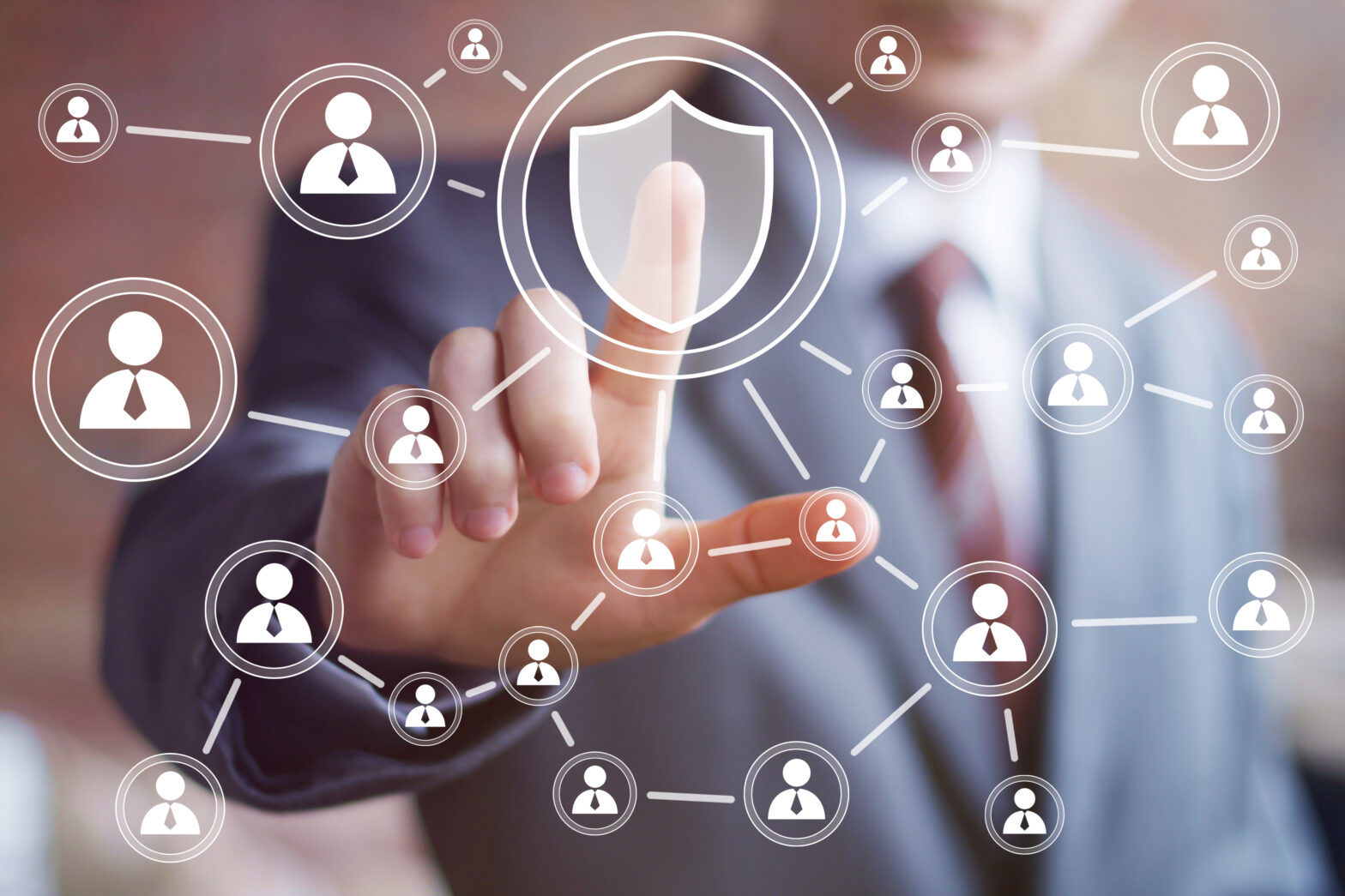One of the most common forms of cybercrime that affects private individuals is online identity theft.
Identity theft usually leads to the misuse of the victim’s credit cards and bank accounts and can, therefore, result in severe financial damage for the victim.
This article will present five ways to prevent digital identity theft to help you to avoid falling victim to this crime.
Avoid password recycling
Password recycling is one of the easiest ways for cyber criminals to gain access to a substantial amount of your personal information.
While bank accounts tend to use multi-factor verification to log in, most of your other accounts, such as Facebook, Twitter and your email do not.
If you use the same password for all of your online accounts, hackers can easily collate all relevant personal information, such as date of birth, address, and mother’s maiden name, which they need to answer security questions when trying to access your bank account, PayPal account or credit card information.
>See also: The 7 types of e-commerce fraud explained
Therefore, it is elementary to use different passwords for different accounts.
If you feel the need to have a backup for all your passwords, it is best to keep those written down on paper and stored in a safe place as opposed to saving them in your email account or any other online platform as those can always be hacked by cyber criminals.
Only give personal details to reputable websites
Websites love to collect personal data, such as name, email address, and phone number so that they can either market to you directly or sell that data to third party marketers.
To stay safe online and to prevent digital identity theft, it is best to only ever divulge personal information to safe and trustworthy websites.
The likelihood of your personal data being stolen or sold to third parties from sites such as Amazon, eBay or PayPal is very small.
>See also: The movement toward identity-centric security
However, if you give away your personal data to niche blogs or small online shops the chance of your data being stolen by hackers is substantially higher.
When it comes to online shopping, it is highly recommended to use only reputable online merchants, given the amount of information you have to provide to purchase goods and services.
Surf more securely
Aside from only revealing personal information to reputable sites, it is also advisable to surf using a VPN.
A VPN is a virtual private network that allows users to surf the internet using encryption measures and, thereby, allowing users to send data privately without the user’s IP address showing.
This is especially useful when surfing in public Wi-Fi networks, where hackers can quite easily gain access to your computer when you are not protecting yourself using a VPN.
There is a wide range of different VPNs that you can purchase.
Different VPNs will come in different price categories and with different features.
>See also: Protecting private data: Fraudsters, hackers & thieves!
For example, as seen in this PureVPN review, some VPNs allow users to surf securely on multiple devices, have an in-built firewall to deter malware and enable users to enjoy digital content with up to 20 Mbps streaming speed.
Keep an eye out of phishing scams
Phishing scams are another popular way for cyber criminals to gain access to your personal information. Phishing scams come in the form of websites that replicate authority sites, such as PayPal for example, or can come in email format asking for your log in details, credit card information or other personal details.
Secure your computer with anti-virus software
To increase your digital security further, it is highly recommended to use an up-to-date anti-virus and malware protection software that catches any malware that might try to creep onto your computer while you are surfing online.
Should you ever fall victim to digital identity theft, it is important to immediately freeze all your bank cards and inform your bank and credit card provider to ensure that none of your money can be stolen before it’s too late.







